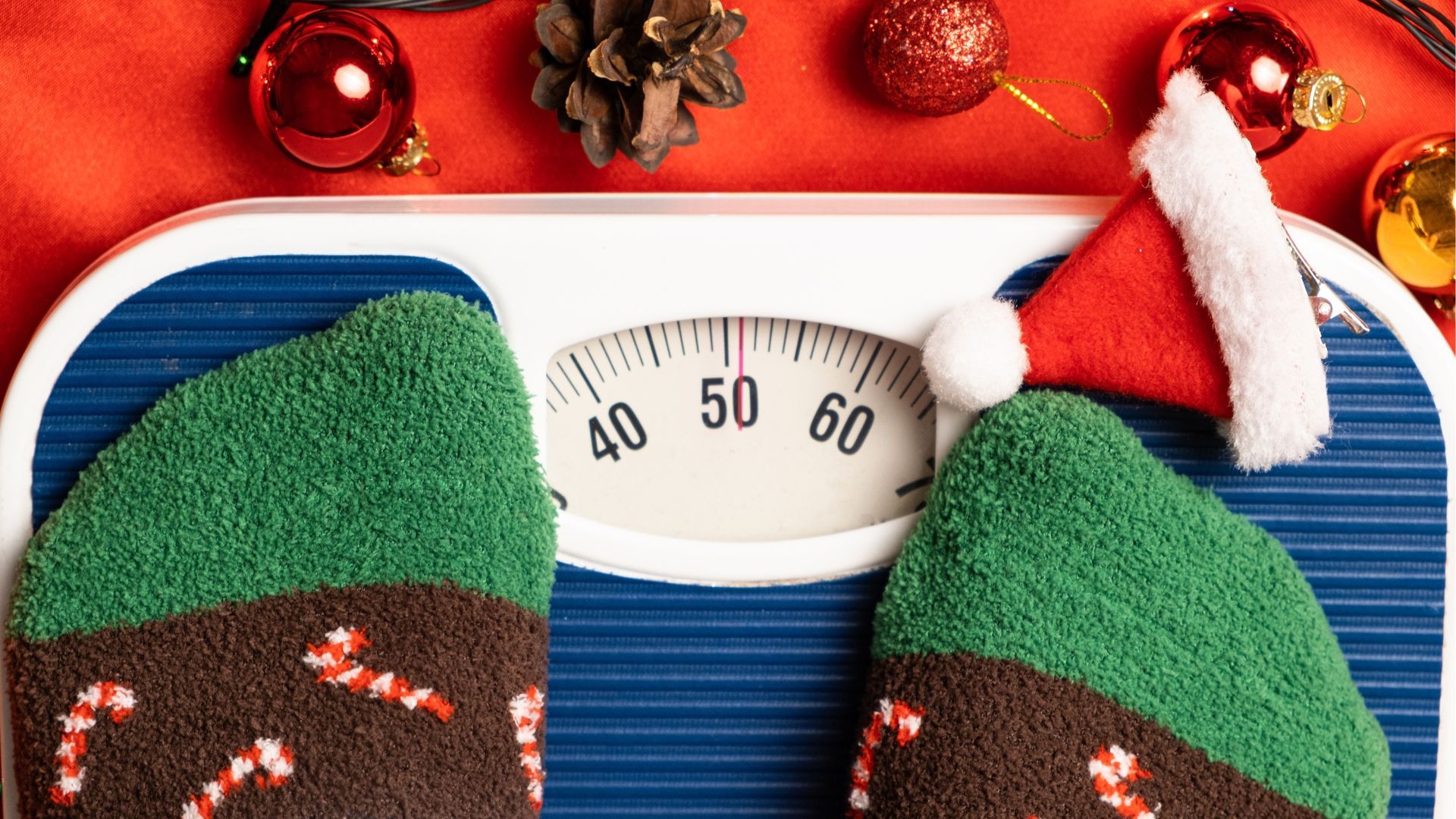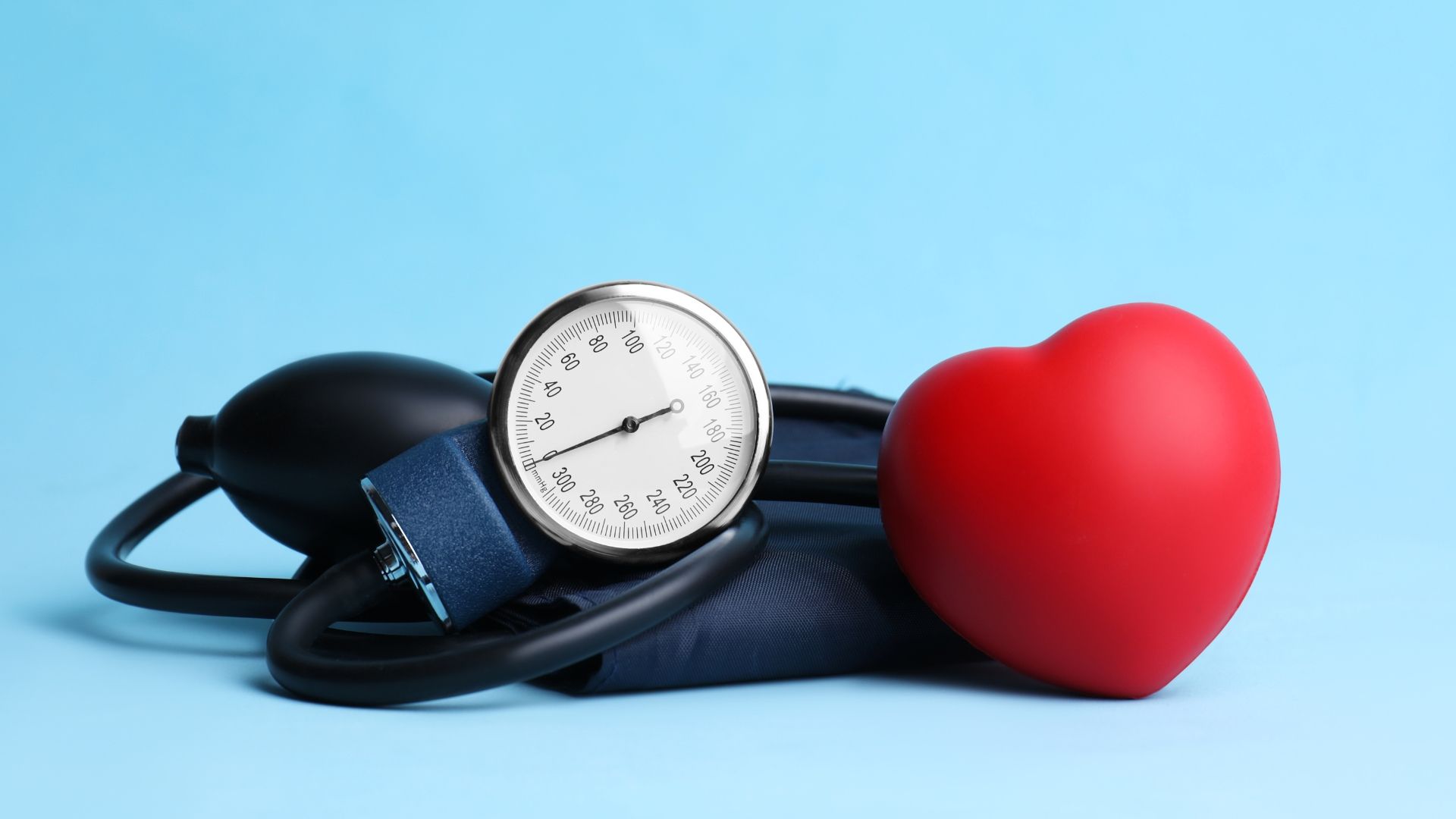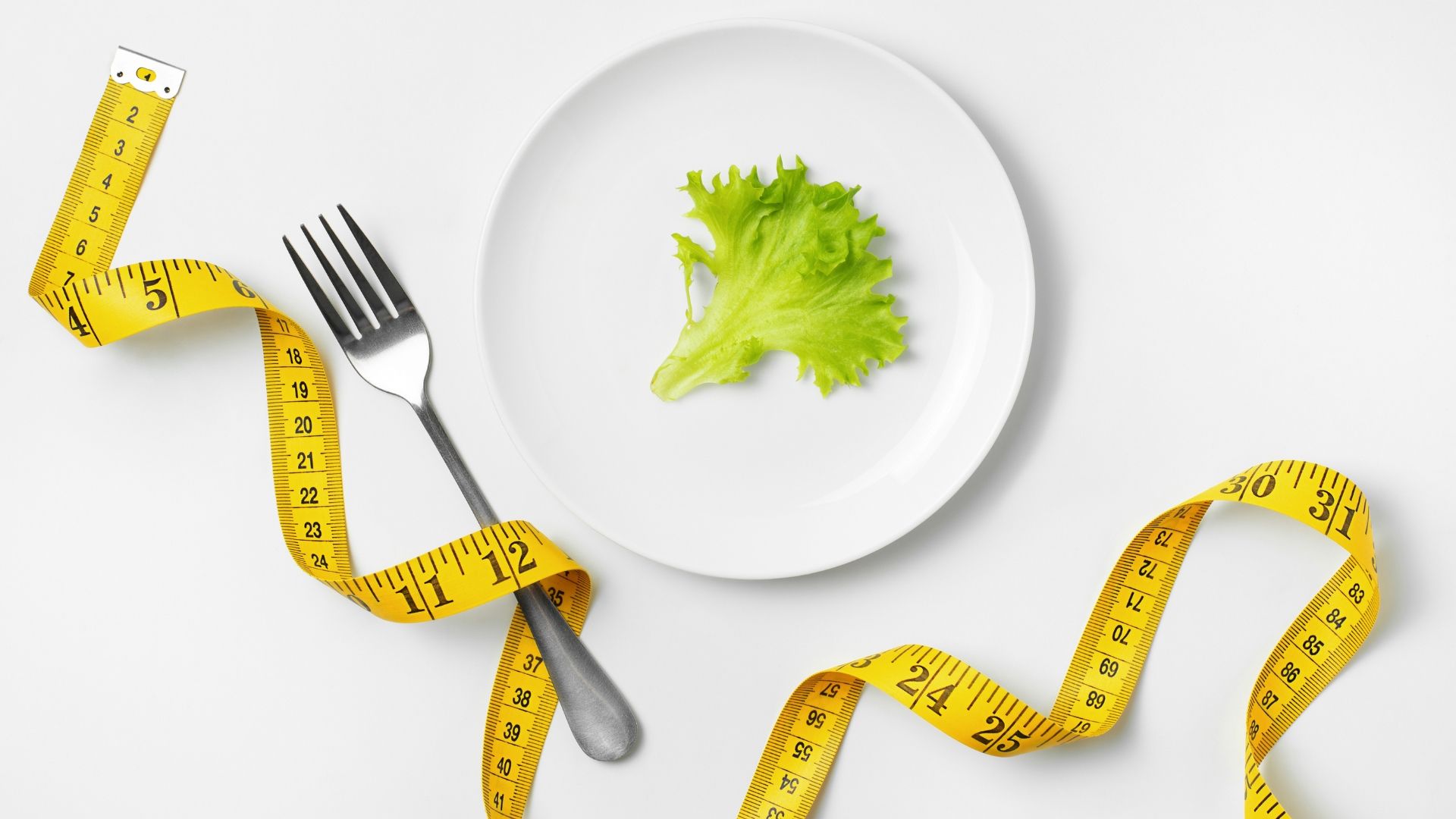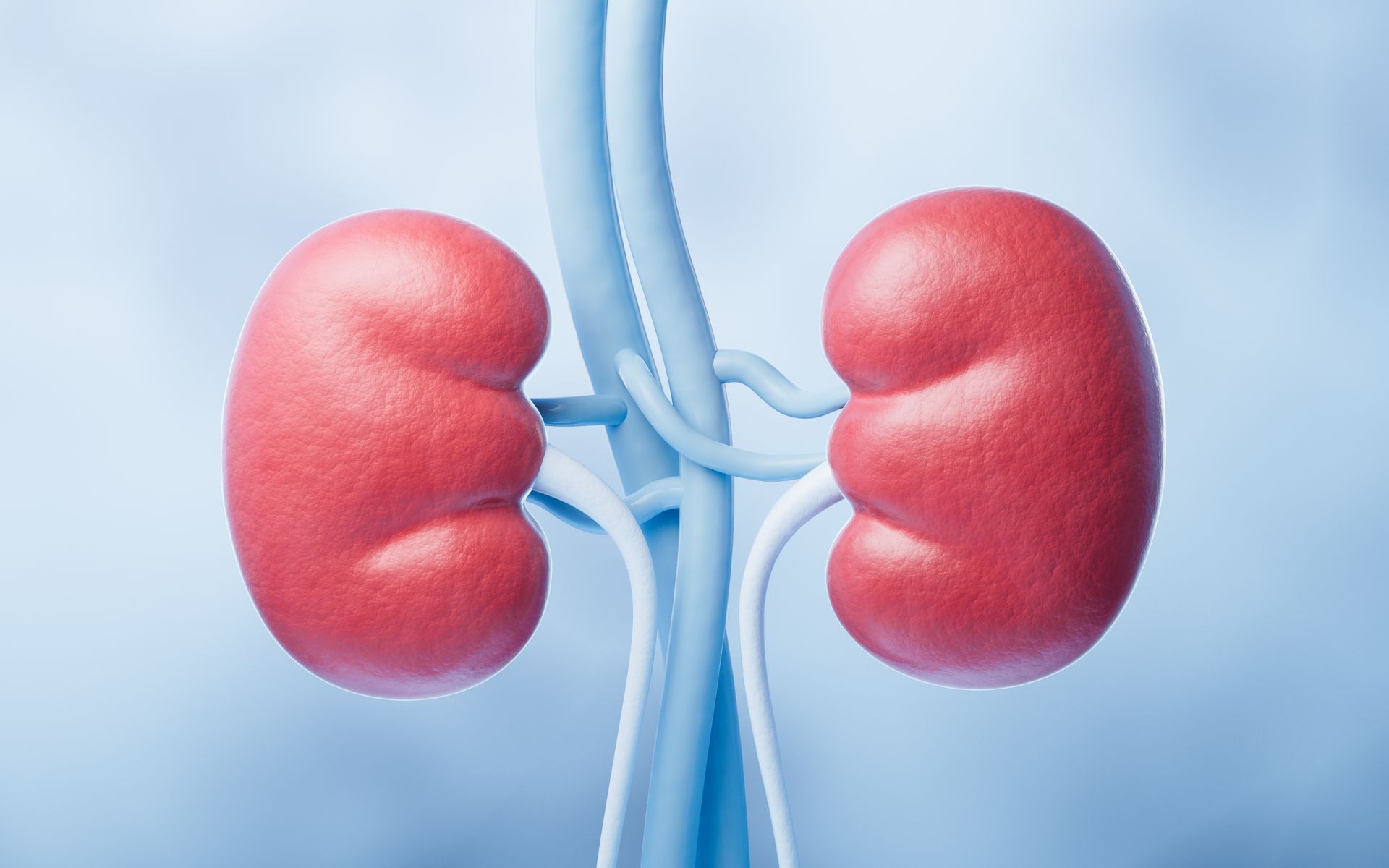How to address Christmas weight gain before it starts
Ready to start your weight loss journey? Download the free SemaPen app and find out if you're eligible in minutes.
Dreading Christmas weight gain already? Learn how to avoid it with healthy habits, tips and weight loss treatment options.

December brings with it a heady mix of celebration and temptation.
Yes, for many adults, the Christmas period means endless evenings of socialising – from cosy nights with our nearest and dearest to booze-filled Christmas parties. And these occasions are often accompanied by rich meals, calorie-laden drinks and a mountain of sweet treats. Another chocolate biscuit?
Research by the British Dietetic Association found that the average person consumes an extra 500 daily calories over the festive period. That equates to an average of five pounds in weight gain by the time we get to New Year's Day.
For those who celebrate, it can be hard to avoid Christmas weight gain – but it's not impossible. Stopping it before it starts is much better for your health than embarking on crash diets every January.
And if you don't manage to shift the weight, those small annual gains can add up. That can mean a higher risk of heart disease, type 2 diabetes, joint problems and other obesity-related conditions.
But don't despair just yet. Let's explore why Christmas weight gain happens and how to put a stop to it before the pounds pile on.
Why weight creeps up over Christmas
Christmas eating patterns make it all too easy to consume more calories than we burn.
- Classic holiday foods, such as stuffing, roast potatoes, puddings and cheese boards, are calorie-dense and very easy to overeat.
- Throwing alcohol into the mix adds hidden calories and lowers our inhibitions, making it harder to say no to second helpings.
- Dark evenings and cold weather
mean we tend to stay indoors, not moving very much. Late nights, meanwhile, cut into sleep. This combination can drive hunger hormones into overdrive and seriously slow your metabolism.
- Emotional triggers matter, too. For some people, the season brings stress, loneliness or family tension, which can increase comfort eating.
Five tips to prevent Christmas weight gain
1. Start early
To prevent weight gain over Christmas, it's best to begin well before the first mince pie is munched. Establishing healthy habits in late autumn can help you create a solid foundation for when festivities start.
2. Get prepping
Stock up on vegetables, fruit, lean proteins and complex carbs to prepare a few freezer-friendly dishes (think lentil soup or vegetable chilli). Having balanced meals ready to eat or heat up makes last-minute takeaways less tempting.

3. Keep moving
Even a 10-minute walk after meals can help control blood sugar and appetite. And why not throw in a couple of strength training sessions? These help you preserve muscle, which keeps metabolism higher.
4. Prioritise sleep and stress management
Aim for seven to eight hours of sleep a night and try to incorporate stress-relief strategies you enjoy into your daily routine. Reading, for instance, or gentle yoga.
5. Remember: these steps are not about restriction
Depriving yourself of treats entirely is a surefire recipe for the festive blues. Instead, you should aim to enjoy seasonal treats in moderation. There's not much harm in enjoying a piece of chocolate or two when the rest of your day has been healthy and balanced.
Mindful eating at gatherings
When parties and family dinners arrive, awareness is more effective than rigid and restrictive rules. Try to:
- Eat slowly and pay attention to taste and texture.
- Choose protein-rich foods like turkey, fish or beans first, then add the sides you like most.
- Drink water or sugar-free mixers between alcoholic drinks to stay hydrated.
- If you fancy a sweet treat after the main event, pick the one you really want instead of sampling everything.
This approach allows you to celebrate while keeping Christmas weight gain in check.
What to do after the holidays
Even with the best intentions, many of us will still eat and drink too much in December. If you notice the scale creeping up in January, avoid the appeal of harsh
crash diets. Rapid restriction often leads to nutrient deficiencies and rebounds. Instead:
- Return to your normal routine quickly. Prioritise balanced meals of lean proteins, whole grains and colourful vegetables.
- Keep the activity going. Start with short walks or gentle gym sessions and build intensity as your energy returns.
- Stay hydrated. Water supports digestion and can reduce the false hunger that follows heavy festive meals.
- Plan balanced breakfasts with protein and fibre to reduce snacking.
- Batch-cook freezer-friendly soups or stews so nourishing options are always available.
These habits can help reverse any weight gain over Christmas without punishing your body.

Structured support for long-term health
If you are already overweight or living with obesity, Christmas over-indulgence may highlight deeper challenges with appetite regulation and metabolism.
In these cases, Christmas weight gain might be a wake-up call to seek a structured
weight loss programme. While not all programmes are created equal, they can often make a lasting difference. Evidence-based options include:
Clinically led nutrition programmes
Working with a registered dietitian gives you personalised meal plans and accountability. These programmes often provide practical recipes and digital tools that make healthy eating easier year-round.
NHS weight loss services
Many areas offer free
NHS weight management groups
focusing on lifestyle change and goal-setting with the help of peer support.
GLP-1 medications
Weight loss injections like Wegovy and Mounjaro can help people living with obesity achieve significant, sustained weight loss when combined with healthy lifestyle changes.
A pivotal 2021 study, published in the New England Journal of Medicine, showed an average 15% weight loss over 68 weeks with semaglutide.
Tirzepatide, meanwhile, is even more effective. In its trial, participants achieved about 21% weight loss on average in a similar timeframe.
These medicines are prescription-only and can be difficult to access on the NHS. Nonetheless, they show how medical advances are reshaping the landscape of good weight loss programmes.
How SemaPen can help
Holiday indulgence can tip the scales, but lasting weight loss needs more than a January diet. At SemaPen, our Wegovy (semaglutide) and Mounjaro (tirzepatide) weight loss Programmes are clinician-led and medication-based.
Your journey begins with a detailed online consultation reviewed by a UK-registered prescriber. If you're eligible, our team provides:
- A personalised dosing schedule with ongoing medical supervision
- Regular check-ins to keep weight loss steady and side effects monitored
- Nutrition and lifestyle guidance that supports long-term results
- A smart scale that connects to the cloud so you and your clinicians can track your progress in real time
Start your medically guided plan today
Got questions? We're always happy to help. Speak with our obesity specialists today to see if prescription GLP-1 treatment is right for you.
Or if you're ready to get started right now, you can start your SemaPen assessment online. We'll review your answers and recommend a tailored treatment option today.
Sources
1. The Guardian (2013) How much weight will I gain at Christmas and how long will it take to lose it? Retrieved from https://www.theguardian.com/news/reality-check/2013/dec/20/how-much-weight-will-i-gain-at-christmas-and-how-long-will-it-take-to-lose-it
2. Wilding, J.P.H. et al. (2021) "Once-weekly semaglutide in adults with overweight or obesity" The New England Journal of Medicine, 384(11) https://doi.org/10.1056/NEJMoa2032183
3. Jastreboff, A.M. et al. (2022) "Tirzepatide Once Weekly for the Treatment of Obesity" The New England Journal of Medicine, 387(3) https://doi.org/10.1056/NEJMoa2206038
This article was reviewed and approved by Alice Fletcher, Lead Bariatric Dietitian, on 29 September 2025.
- Average 15–21% weight loss
- Trusted programmes built by UK experts
- Personalised advice and support
- Smart weight loss app to track progress and learn positive habits
Your journey starts in the app
Unlock tailored support, weight tracking and more.
1
Download the free app
2
Take your digital consultation
3
Start your programme












